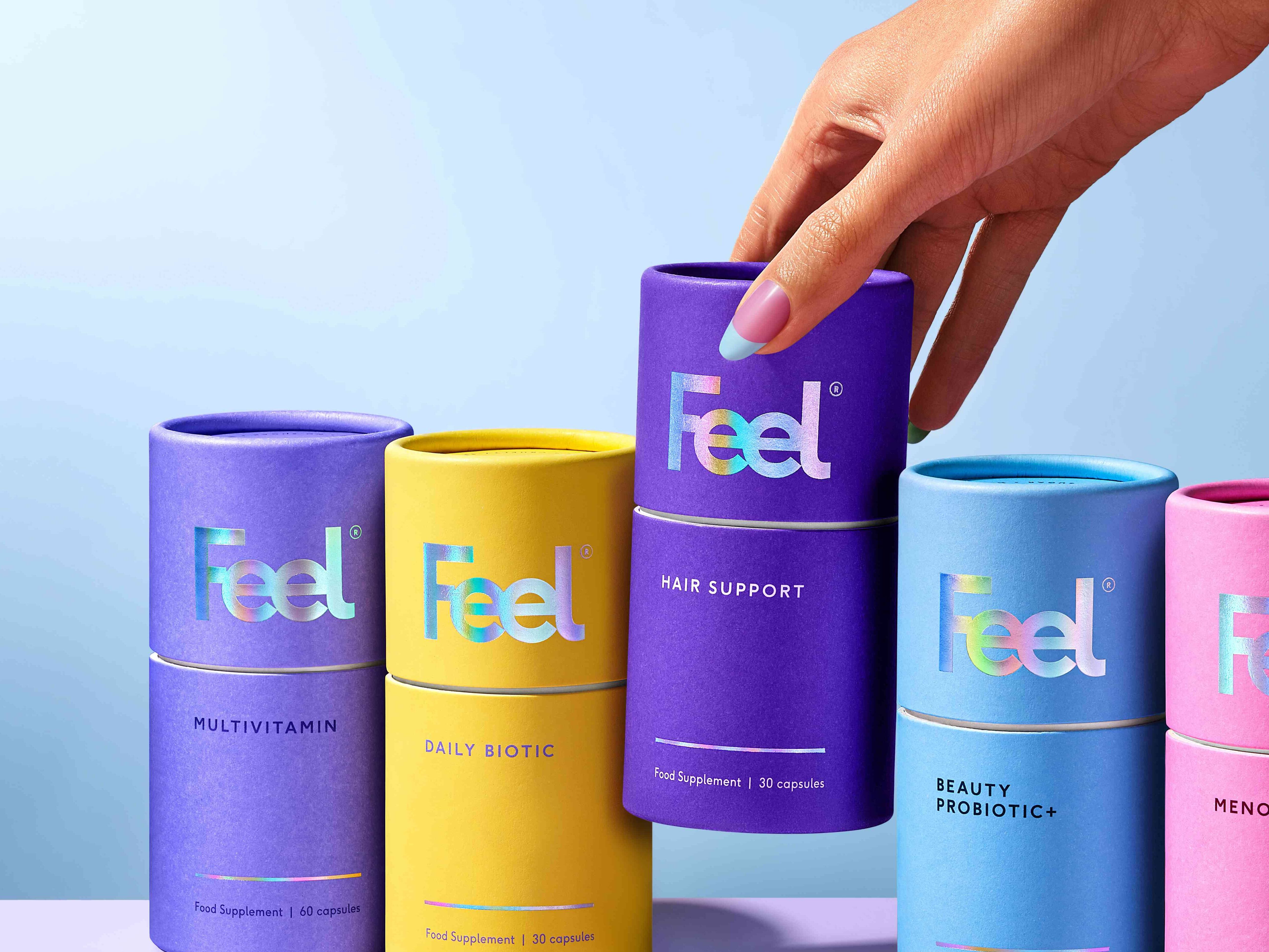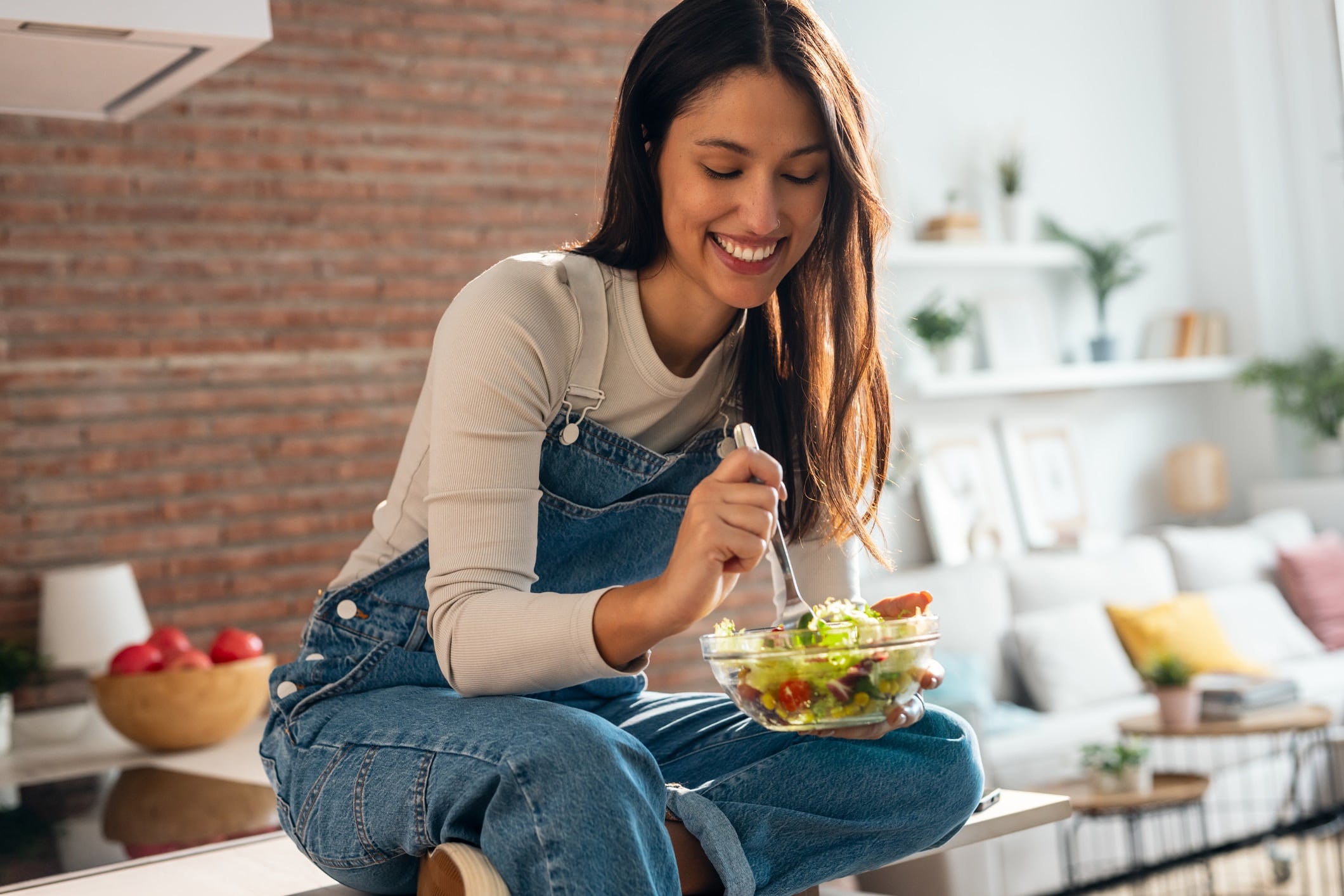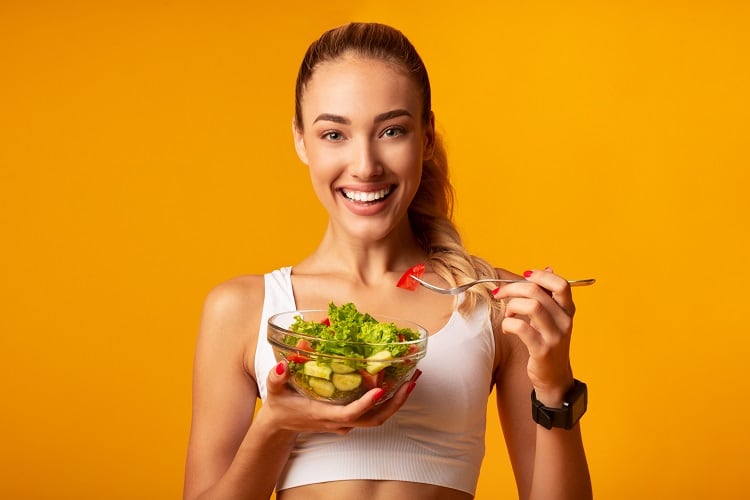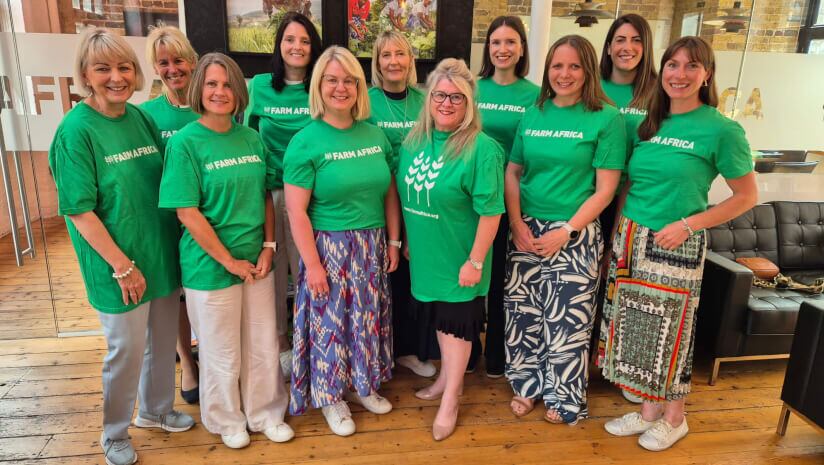What does women’s health and tech have in common? The answer is Boris Hodakel who, having arrived in the UK from Latvia a decade ago, launched a now successful brand that he describes as 60% a software business and 40% a beauty-from-within business.
From the €3,000 he had in his pocket, the self-styled serial tech entrepreneur has turned now five-year-old Feel into a global digital subscription brand, boasting an eight-figure annual turnover on the back of near two million products sold worldwide.
There’s been some venture capital in there too – £14m of it – and now Hodakel is eyeing a UAE expansion. So what’s the trick to his success and why does the entrepreneur feel women’s health is being overlooked by food and drink?
“The way we look at this is, female health in nutrition is really evolving quickly, but it’s underrepresented because what’s out there now mostly comes from sports and athletes and that is mostly driven by a male consumer and market,” he explains.
And that is the crux of the problem. Women’s nutrition isn’t as valuable as men’s. The male health and supplements market is estimated to be worth over $75bn globally and expected to grow at a CAGR of 10% [Grand View Research].
How much is the women’s health market worth?
Women’s, however, was valued at between near $35bn and $41bn, with a much smaller CAGR of near 4% [Fortune Business Insights].
“Businesses look at the bigger markets and go for them, rather than looking at the opportunities to exploit in the ‘smaller’ markets,” says Hodakel.
With this view and approach, Feel has launched products like the world’s “most effective collagen” and “ground-breaking” menopause support supplements.
He and Feel are guided by a philosophy that “empowers customers to take control of their health journeys” and claim to do this with products that provide clarity and confidence in areas of care including skin, anti-ageing, menopause, mood, gut health and, launching soon, a weight management solution.

Weight management is an area of opportunity some brands are struggling with as the drug GLP-1 offers almost instant gratification compared with what’s out there. So how will Feel and Hodakel navigate through this quickly changing and now murky market?
“I think people still want a more traditional way of losing weight,” he says. “GLP-1 has come along and it’s highly effective, but I think supplements will follow, yes they may never be as immediate, but they will be safer and natural. There’s some research suggesting the body might dull down its response to GLP-1s.”
This is also where the tech side of Feel’s business will show its strength. The business can bolster sales by using the power of customer data to better tailor and suggest more relevant health products to its customer base.
How food and bev can grow in women’s health
“We listen to our customers, through data and on the back of what they’re saying we look at what products we can launch. We might change something or bring in a new product based on what we see,” he explains.
On releasing new products in response to data, Hodakel cites a vaginal health as an example in practice. “We launched V-Health to help solve a problem our customers were facing.”
The supplement supports general intimate wellbeing, vaginal pH and flora, as well as helping to prevent urinary tract infections.
For food and drink to win in the category, which Hodakel feels strongly there is plenty more room for other businesses and brands to take up, it’s a case of being brave and not always going where big money already is.
“The food and drink industry is currently looking at several big trends, but indulgence and nutrition are some of the most useful for women’s health,” he advises.
“So, drink formats that have flavour and taste can be a good entry. A lot of products that we formulate are about making a healthy habit stick and when it’s a nice product it’s easier. Powdered functional drinks and pre-mixed formulas with fruity flavours, they’re a good opportunity. You don’t look forward to swallowing three-to-five capsules, but you do a nice fruity drink.”





